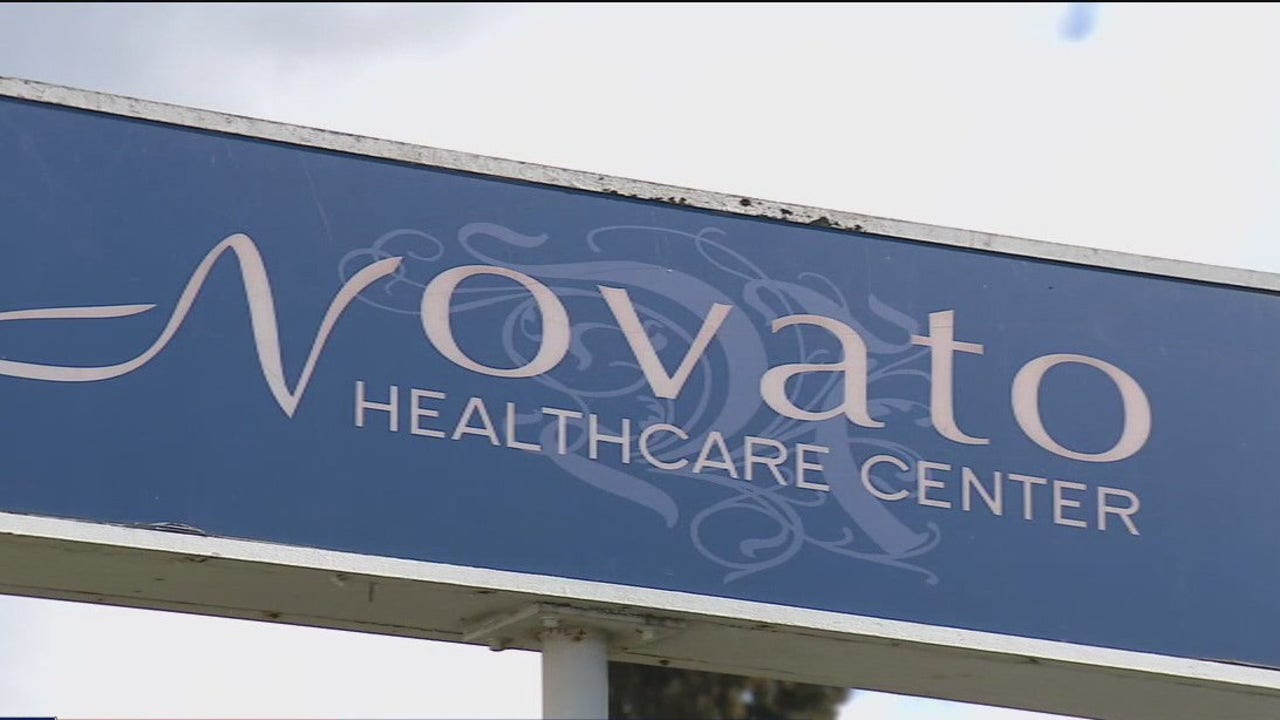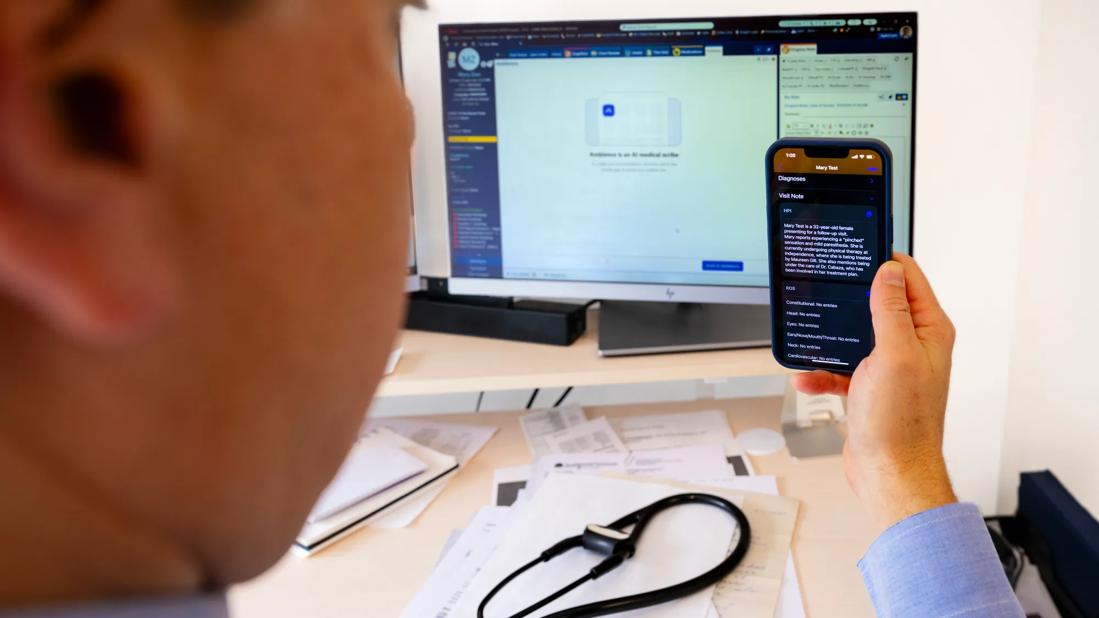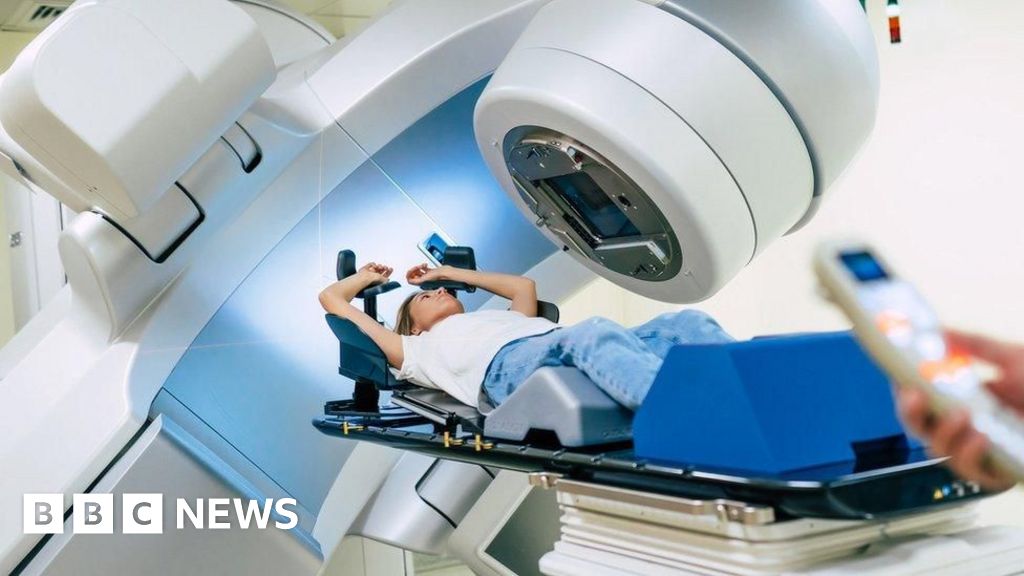Sterile equipment deal with B.C. hospital allows 90% of planned surgeries in Whitehorse to proceed

Amid ongoing trouble with sterilizing gear, hospital finds tracking backlog complicated
About 80 per cent of procedures were cancelled the first week of cancellations due to surgical tool cleaning issues at the Whitehorse General Hospital, and another 25 per cent of planned surgeries and procedures were cancelled the second week.
As of Feb. 14, about 10 per cent were cancelled with 90 per cent of surgeries and procedures planned to go ahead in the third week — the week of Feb. 17.
That is according to an update from the Yukon Hospital Corporation on Feb. 14. The issue, which doctors were first notified about on Jan. 31, was believed to have been resolved until film and residue kept showing up on tools used for surgeries after they were cleaned and sterilized.
A deal with the Vancouver General Hospital allows for cleaning and sterilizing instruments off-site in the meantime.
There is still no word on the cause, which may have been multiple contributing factors, per chief executive officer Tiffany Boyd during a Feb. 14 interview with the News. She said they are unable to definitively identify what is causing the film or residue on tools after cleaning.
“It is something to do with the system,” she said.
“This is really just, frankly, a very frustrating situation where there is something in the system that is impacting all of the equipment at once.”
Boyd said it was difficult to determine the backlog of surgeries and procedures right now because each type has a different wait list and impact. Some may have little to no impact while others will be significantly impacted. The hospital will look at mitigating or limiting the impacts, depending on the kind of surgery or procedure.
“Looking at, can we increase the total number of procedures during a certain week? Can we reorganize how we schedule? And all of this has to be done in concert, in partnership with the folks on the front line, including our physician partners, while continuing to ensure that we’re meeting the existing needs,” she said.
“We’ve built in a redundant capacity to maintain our planned procedures, independent of what is happening here, which I think is really important for a northern and remote hospital, and so that is a positive outcome.”
The medical device reprocessing system includes pieces of highly technical gear, Boyd explained, as well as the systems behind them in terms of steam generators, water softeners and chemicals that get inserted into the system to support the process. It is typical for a part of the system to dysfunction or become disrupted. She said the hospital has built redundancy into that system.
“We’re monitoring all of our systems regularly. We have checked every inch of every system,” she said.
“We are working with experts from across Canada, and we’re following really detailed and regimented protocols and ensuring, of course, that all quality assurance and safety measures and protocols are in place as we do that and undertake our testing again, because it’s very technical and complicated.”
Boyd said more details will be shared about what is being done to prevent this issue from happening again.
From her perspective, there was not a shortage of backup equipment or a lack of government funding for the hospital related to the issue in surgical services, as territorial opposition parties have suggested. She said any perceived need to expand surgical services runs independently of this cleaning problem.
Boyd wants to reassure Yukoners that patient safety is the Yukon Hospital Corporation’s top priority.
“It is because of the rigorous safety standards that we detected the film, that it was identified immediately, and that action was taken immediately,” she said.
“At no point has anyone been at risk as a function of the equipment used to support any of the procedures that they have undertaken.”
To her knowledge, no one has had to be medevaced out of the territory because of the ongoing issues with medical processing devices.
“I think it’s really important to acknowledge that any disruption in service creates uncertainty and has a significant impact upon the people for whom it touches, specifically, and their families, and I want to acknowledge that we are deeply sorry for that,” Boyd said.
“We’re doing everything within our power to ensure that we can mitigate and prevent that into the future.”
Booking staff are contacting those people affected by changes to booked surgeries.
Contact Dana Hatherly at [email protected]
link






